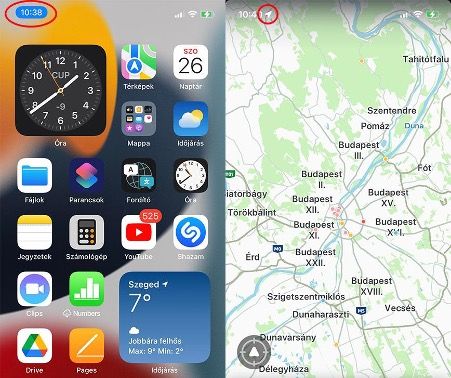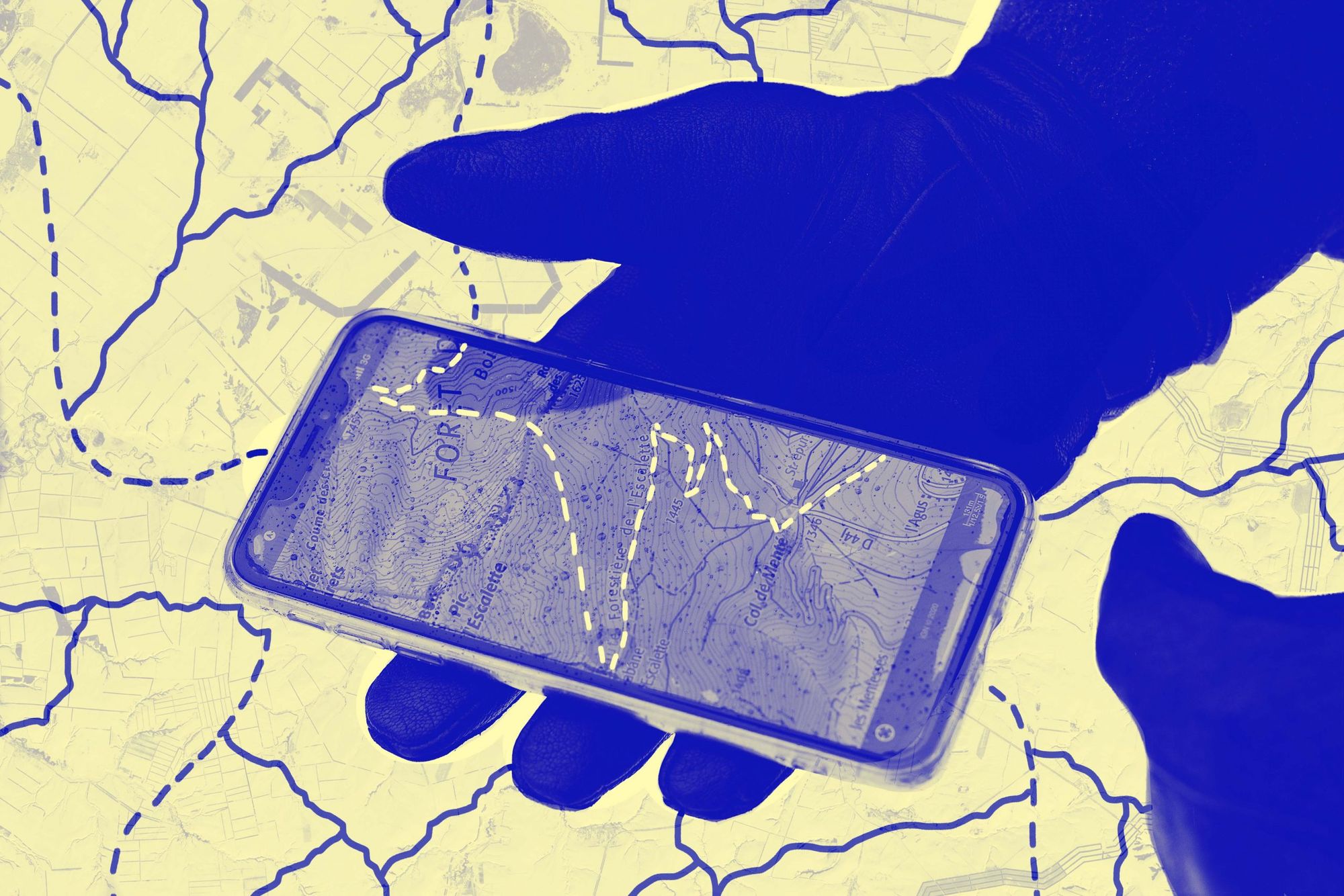In today’s online world, it has become a matter of common concern that internet platforms, electronic tools and search engines violate several points of the GDPR and human rights. But is this really true? Should you really be afraid that your phone is watching your every step? Let’s get to the bottom of it!
Author: Ádám Kiss
Is your mobile phone tracking you?
It’s an exciting question because there are countless videos and articles about how our phones use location or other tracking features without any reason. This topic is an excellent breeding ground for conspiracy theories, but I am afraid I’ll have to disappoint you; your phone only does what you allow it to do. It’s all based on the GPS module, which is already a standard feature in a large percentage of phones. This is very useful, as you don’t have to use a map, for example, but can have the most efficient route plan at your fingertips. The tricky part comes when other applications besides the map start to use this module, for example, in addition to your camera or microphone.
Why do you think cruise ads appear on Facebook when you haven’t even searched for them, you’ve just talked to your friends about them? The question is: why would a game, for example, want to track your current location and other personal data? The answer is simple: because this data is extremely valuable! Many big IT companies need this data, as it is critical information for product development, market share, or, for example, marketing.
And some phone software is, clearly, willing to provide such data in exchange for a small amount of money—within the legal limits, of course. All in all, we can say that no, your phone itself does not track your movements or try to “read” your thoughts. A large percentage of tracking happens along with phone software, after your authorization, or thanks to data from search engines or social media. So, when someone says, “I didn’t bring my phone because I don’t want them to know where I am,” you can safely say that this is definitely not true.
But how do you know if an app is following your whereabouts or not, and how can you protect yourself against it?
In general, manufacturers are also aware that it is unfortunate if people find out that an application is sending data about them. Hence, these signals are usually hidden in some way.

These two pictures also clearly illustrate how a GPS application, for example, is tracking our actual location. This may not sound surprising at first, as the app would obviously not work without this data. However, can you see that the app keeps tracking our position after we close it? You can see it in the top left corner of your phone, assuming it’s iOS-based.
How should you protect yourself against tracking?
It was perhaps not surprising that the app asked for data about us in our previous example. However, why would a music player, for example, want to ask for our personal profile, geographic location and much more? The answer is database enhancement, product development and marketing. However, this probably doesn’t affect you, as obviously, few people want all sorts of apps to collect data from them on an ad hoc basis. The good news is that the solution is at your fingertips, as all apps are obliged to ask you for your consent to collect information about you. The problem is that many people just tick the “I agree” box without reading what it says. The first solution is to always read the message that pops up when installing an app. Don’t worry, if you don’t enable them, the app will still run perfectly fine. But what if you’ve already accidentally clicked on it? I know it’s a fast-paced world. There’s no time to read pages of terms and conditions and privacy notices. That’s OK because, as we said, you control everything! Companies need to be very careful in this area, as the law now protects the user and their data at many points.
Simply go into the settings and turn off all the data modules in the application. Your phone will not transmit any sensitive data to the application from now on. Simple, right?

Lessons learned
Although it’s hard to hide your data these days, as all everyday platforms require registration, you don’t need to worry about your phone—your device will only do what you allow it to do. The things that we should be more afraid of are search engines and social networking sites. Studies have shown that these platforms know you better than your friends and family and can find out information about you faster than any human.
Source: Rackhost

The Milanese designer who brought postmodern design heritage to Hungary











